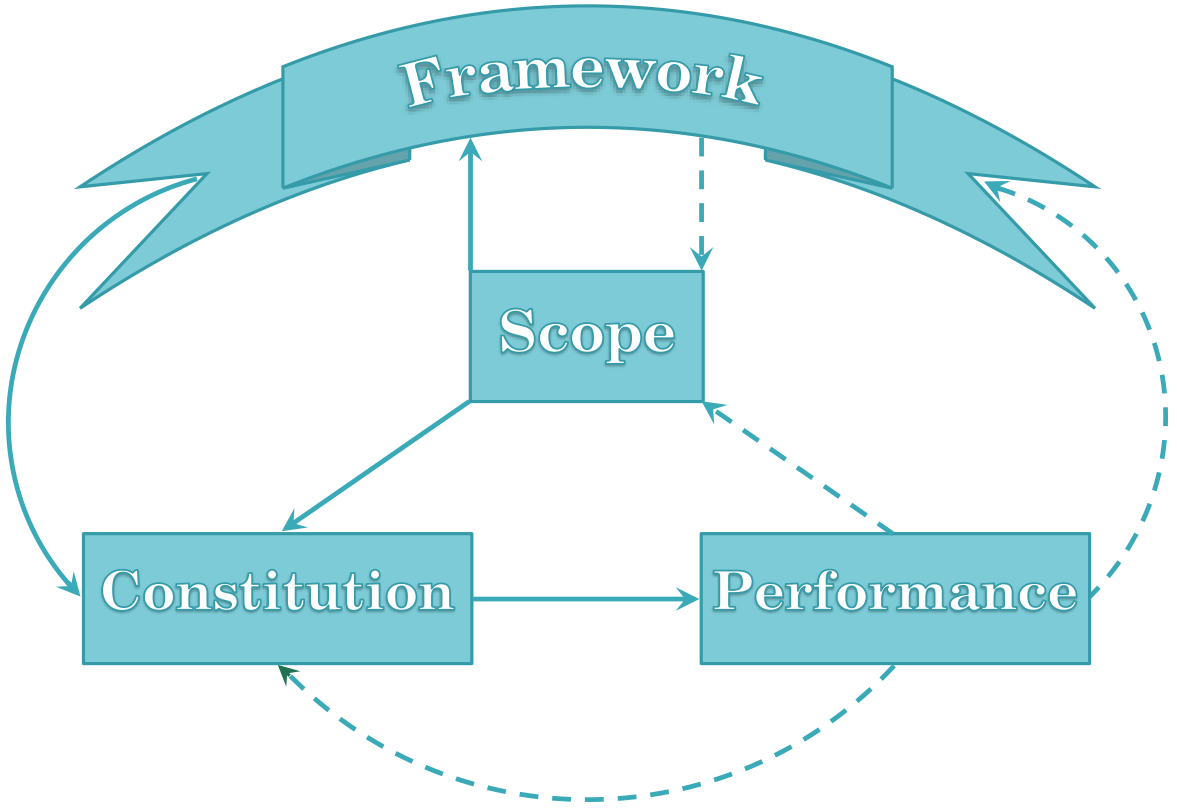We live in a rapidly changing world that requires us to readily and efficiently adapt ourselves to constantly emerging new demands and challenges in various aspects of life, and often bring ourselves up to speed in totally novel directions. The culture of excellence can best foster such a mindset.
The culture of excellence is about a sustained inner conviction, an intuitive drive, to: (a) always do anything (thought or action) as best as can be, and keep getting better and better at it – never be fully satisfied or gratified with one’s accomplishment –, (b) pursue what one is after with passion, enthusiasm, grit, tenacity, and perseverance, and (c) get things done in optimal and constructive ways.
At the collective level, the culture of excellence is about having a hive mind, i.e., a collective consciousness about, and trend to benefit of, individual potentials, and a shared commitment to help each other significantly evolve in novel directions for self-fulfillment and collective welfare, while pursuing a shared vision under common ethics and values.
The culture of excellence is about productivity and progressiveness, about continuously raising the bar in, and bringing added value to, everything we are about, individually and collectively. It is about valuing uncommon performance and achievement, and never enjoying enduring satisfaction when getting things accomplished.
…

Systemism for excellence
Systemism is a worldview whereby all realities around us, whether physical or conceptual, are conceived not independently from each other, but as systems or parts of systems, i.e., as interacting or connected realities (oneself included) that mutually affect each other and serve mutual purposes. The constitution and performance of any system, or part of system, within a given scope are specified and constantly evaluated and regulated under an adequate framework. A system comes about with emergent properties and synergetic functions that no reality alone (oneself included) can bring about on its own.

A systemic perspective of the world allows us to bring cohesion and coherence to this world, as well as to our own thinking, and to understand certain aspects of this world that may not be easily conceived – and perhaps that may not be conceived at all – without such perspective. More importantly, a systemic worldview can best bring about a constantly flourishing culture of excellence.
Please click here for details.
